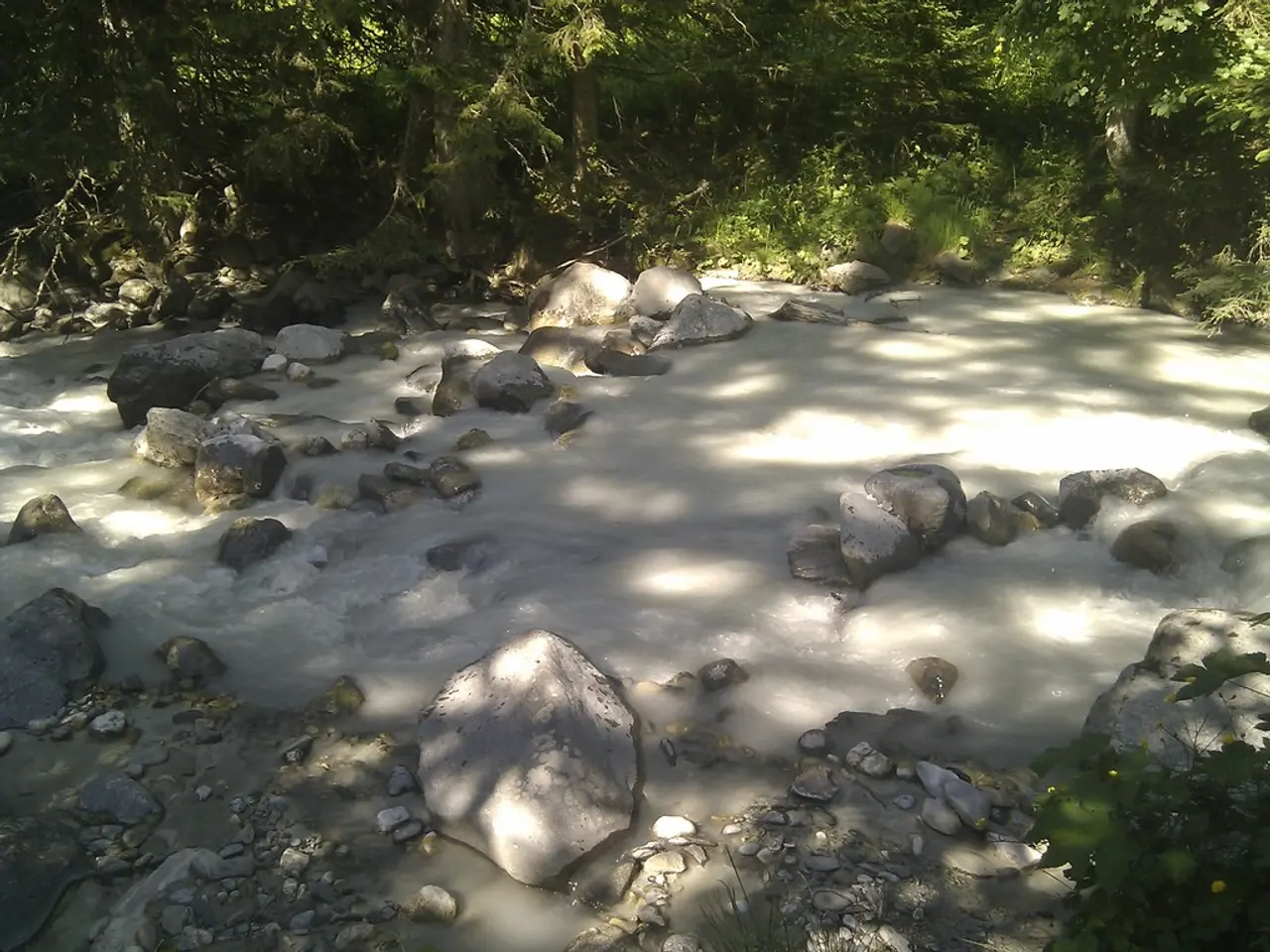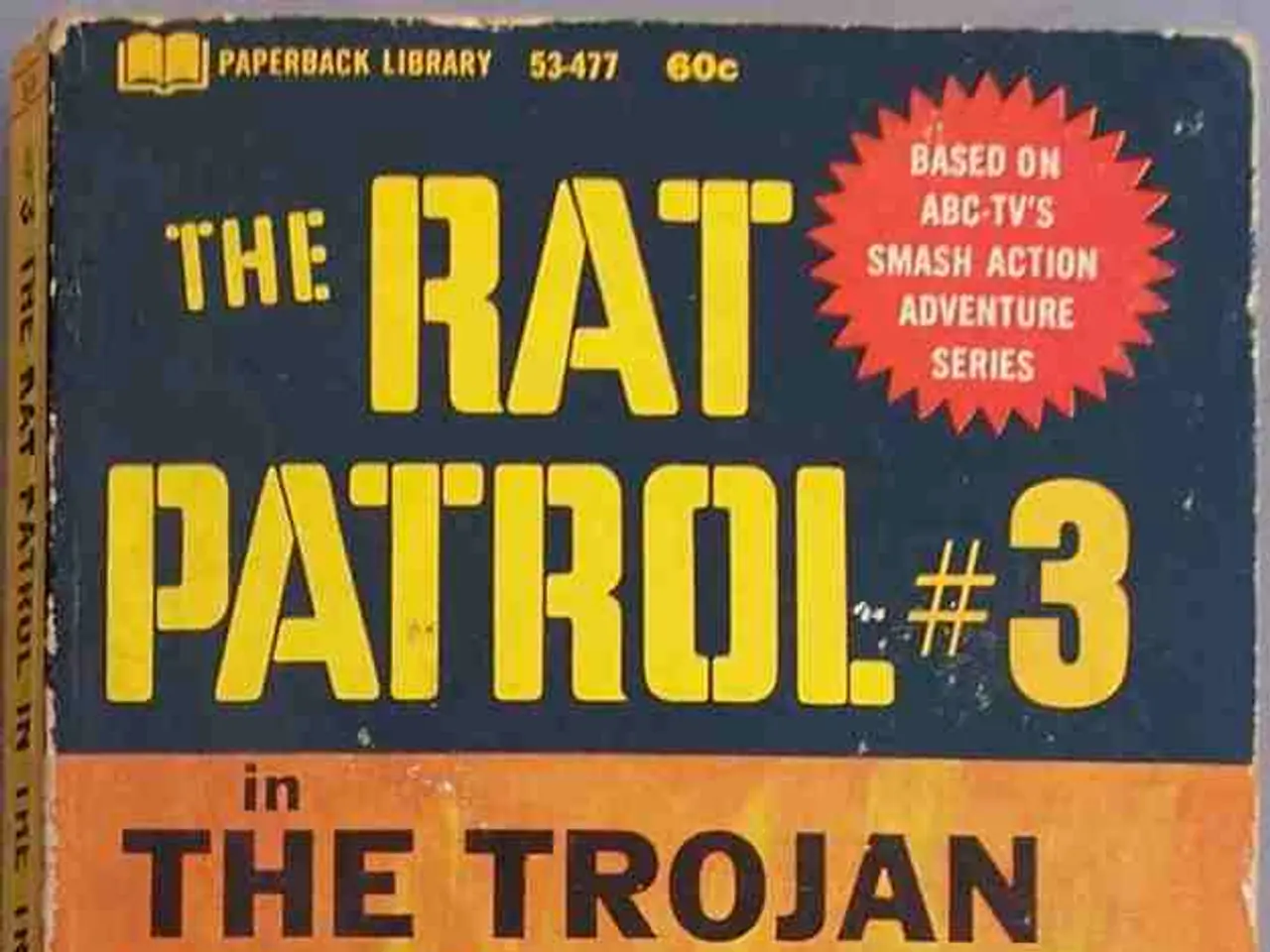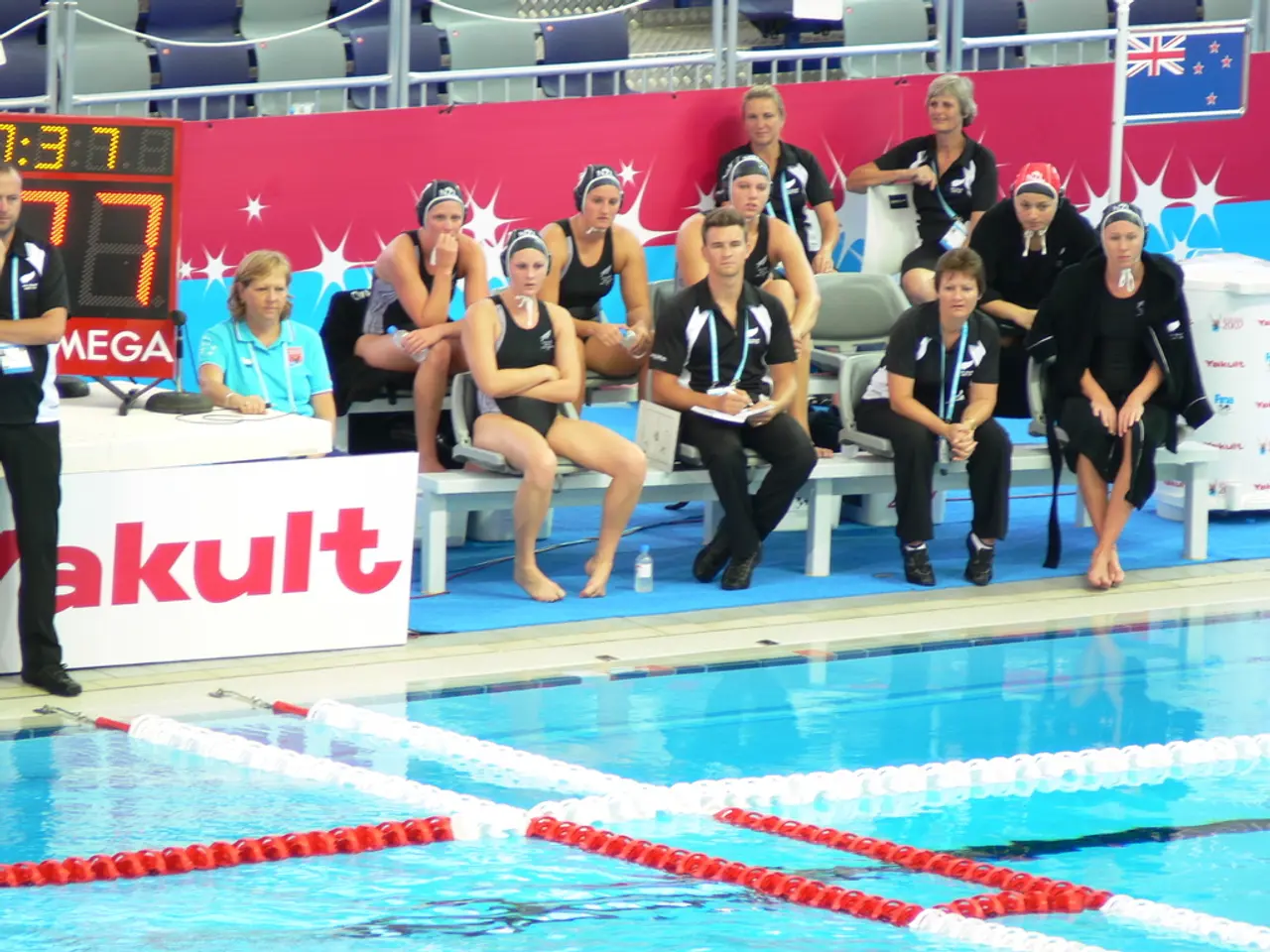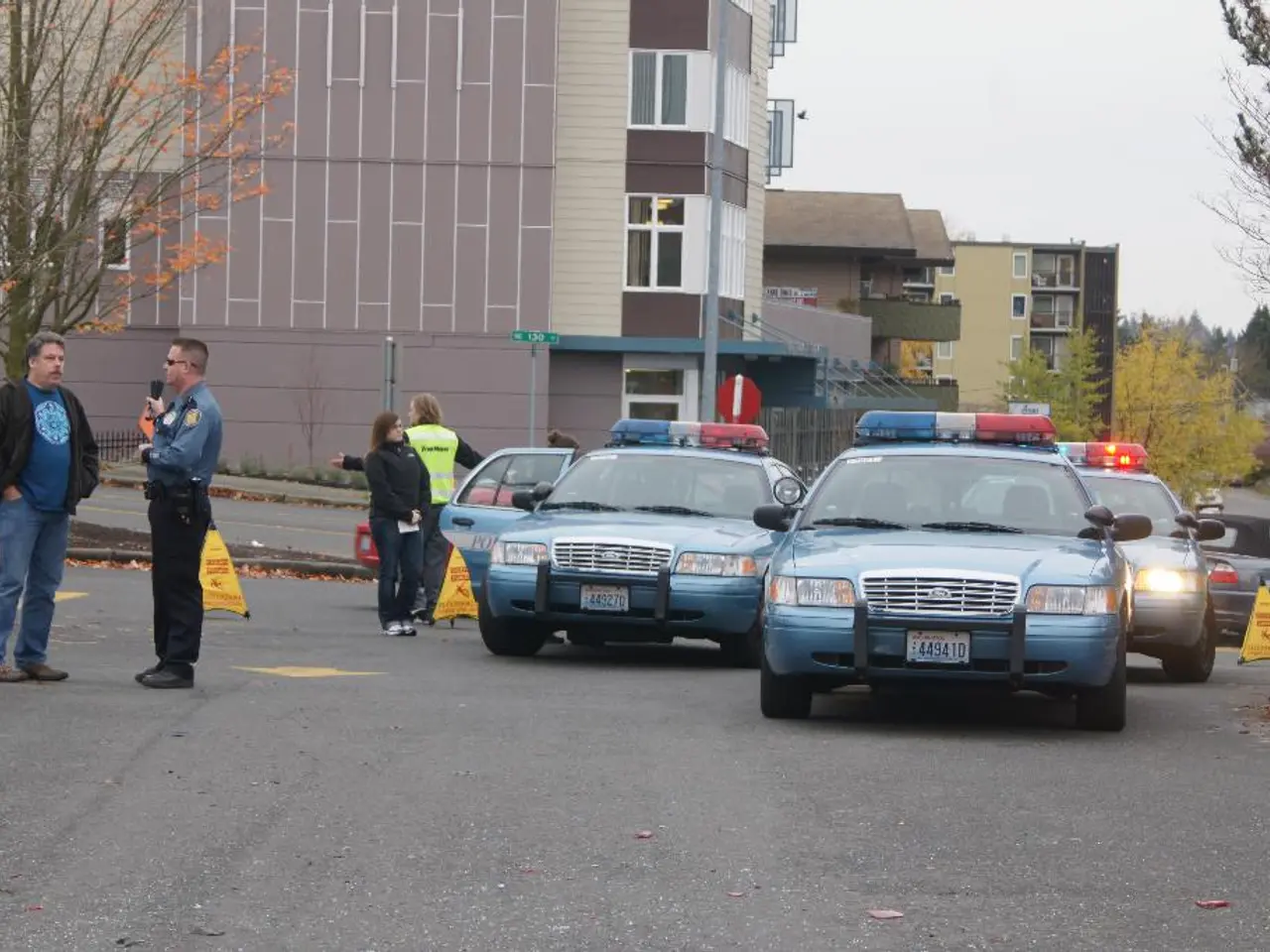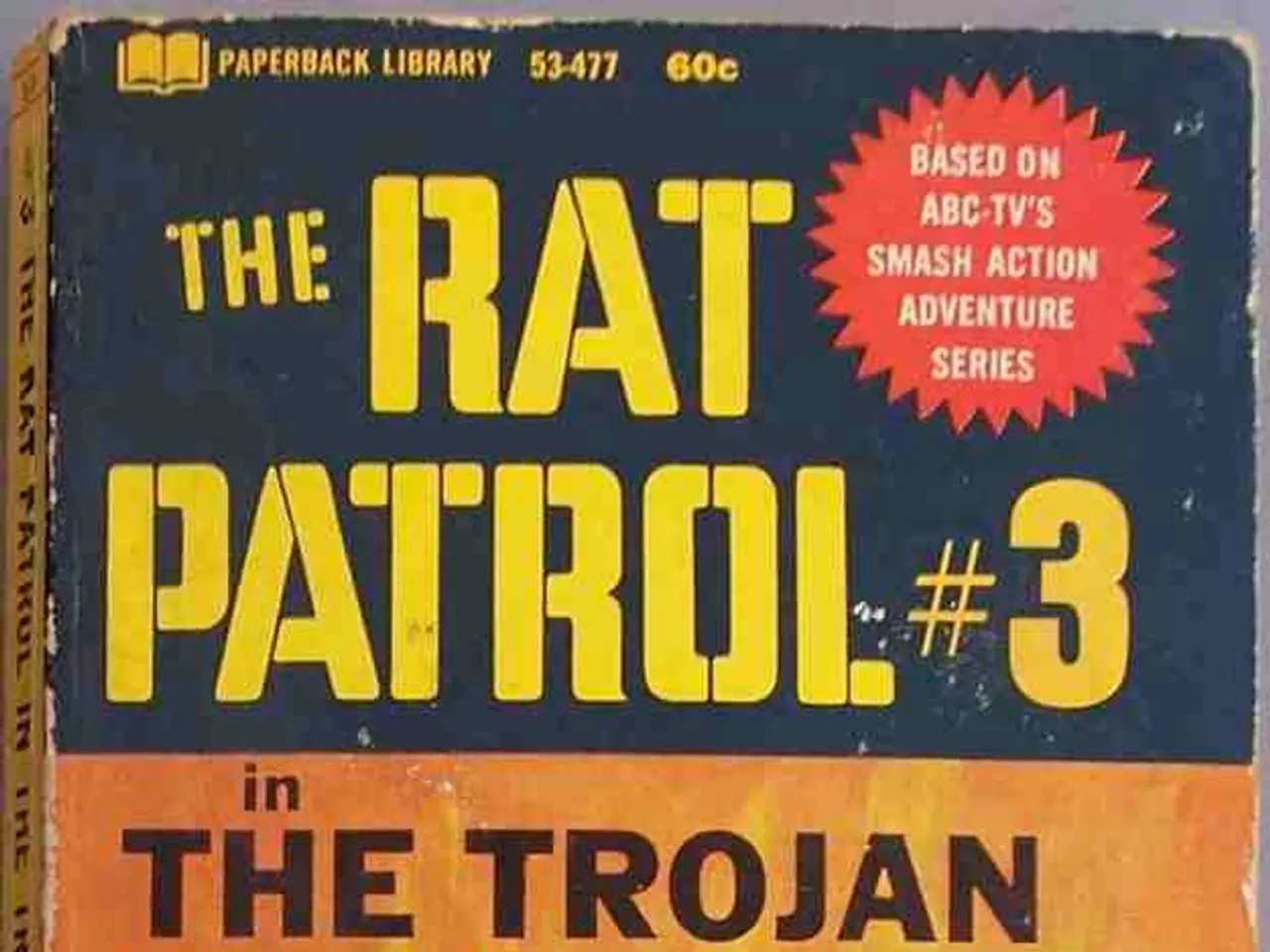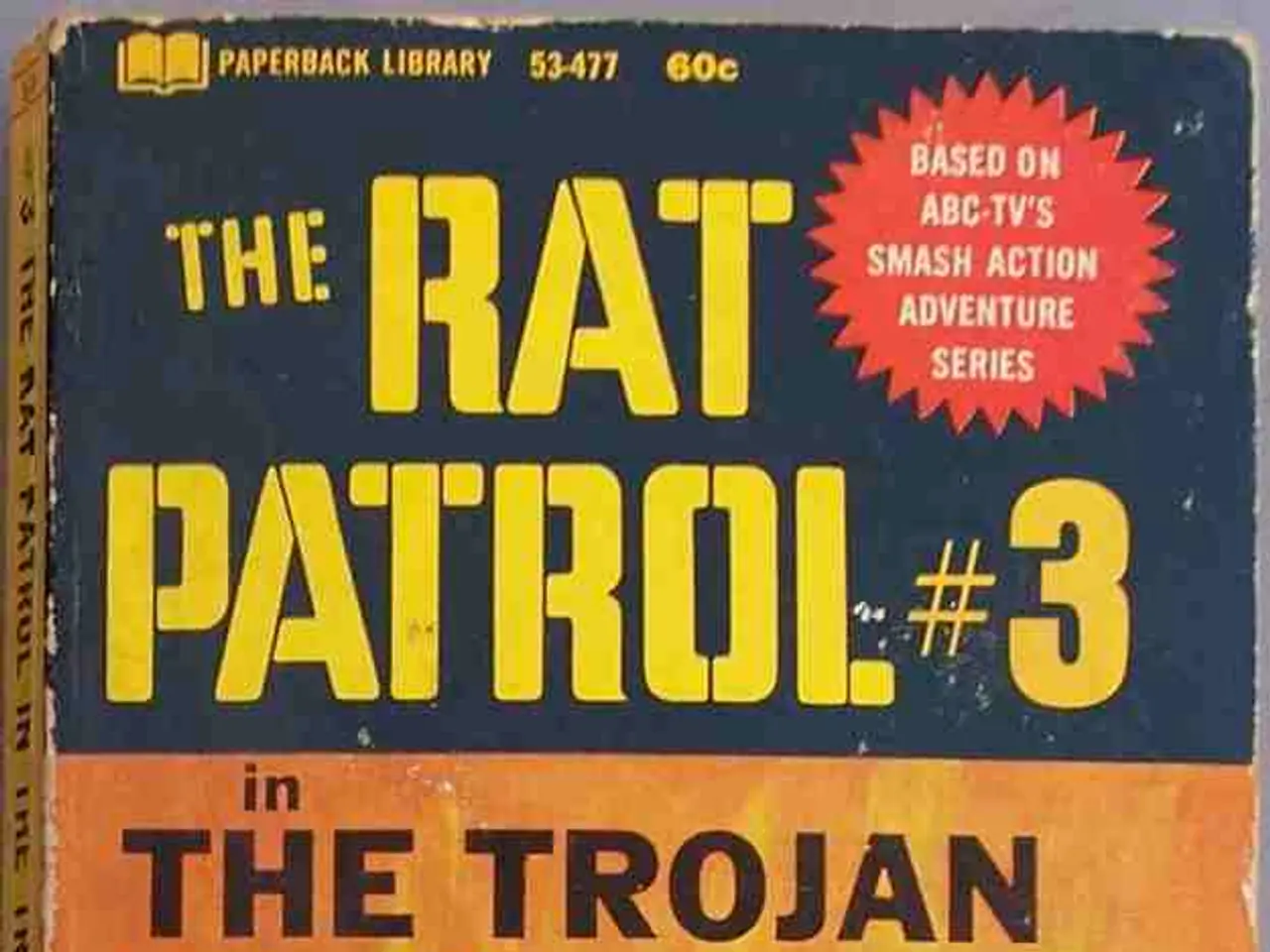Guardian of the Alpine Reservoirs
New Article:
Hopping behind the wheel of his weather-beaten taxi, Daniel Chaupe navigates the rocky terrain leading to the Chailhuagon lagoon, a region dominated by the Yanacocha gold mine. A hushed whisper escapes him, "This place is a minefield, controlled by the mine company." Yanacocha, a colossal gold mine operational since 1993, has left deep scars on the Peruvian landscape. Its vibrant craters are visible from the ancient Inca city of Cajamarca, where Daniel resides.
Today, he's bound for his parents' remote farm, nestled amongst alpaca breeding stations and isolated by a sturdy steel fence. The cool, damp air carries the scent of moss, grass, and mist that blankets the rolling hills at 4000 meters above sea level. The farm is home to Maxima Acuña, a small yet tenacious woman wrapped in a blanket, awaiting Daniel's arrival.
Maxima recounts the troubled history between her family and the mine company. "They grabbed our land, even destroyed our home once. They treated us badly, beat us." Facing relentless attempts to displace them, she remains undeterred, her spirit shining brightly behind her wide-brimmed hat.
Gold has always been a symbol of Cajamarca's past and present. In 1532, the Inca ruler Atahualpa was kidnapped, exchanged for gold, and ultimately massacred by the invading Spaniards. Today, the Yanacocha mine looms over the city of 230,000 inhabitants. Over three decades, the mine has extracted the region's wealth from the earth, leaving behind a contentious legacy.
In the Line of Fire
In 1994, Maxima purchased the land from her husband's uncle. Armed with the deed, she has fought tirelessly against the mining company since 2010 when they first encroached on her property. Her resistance has earned her the title, "Lady of the Blue Lagoon," protecting the four lagoons surrounding her property that are vital to daily life and water balance in the region.
The Acuña-Chaupe family faced violence and intimidation from the mine's security personnel, who attempted to drive them off their land. Maxima recalls these memories with a trembling voice, her eyes reflecting the struggle she has endured to keep her family rooted in their home.
The trials that followed brought Maxima Acuña to national prominence and marked a turning point in Peruvian jurisprudence. In 2014, her land title was recognized, and she walked out of court as a free woman. A victory against a powerful corporation, it served as a beacon of hope for environmental activists around the world.
However, the battle isn't over for Maxima. She and her husband continue to fight legal battles to protect their land, incurring immense financial and emotional costs. Her children offer support, but resources are limited, despite Maxima receiving the prestigious Goldman Environmental Prize in 2016.
Driven by Water
Water is life for Maxima Acuña, who relies on the stream bubbling at the front of her home for drinking and cooking. Many in the region, including those who sold their properties to the mine, draw water from the same source. The mine's insatiable thirst for resources drives its unrelenting pursuit of the Acuña-Chaupe family's land.
Since losing their president Pedro Castillo, a human rights advocate, to a political coup, concerns about corruption and compromised environmental policies have risen. Renewed interest in the Conga project, another massive gold mining project backed by the Yanacocha mine, has alarmed activists such as Mirtha Vásquez, who describes the situation as "not a good sign."
As Daniel drives Maxima and the visitor back to the car, the sense of uncertainty hangs heavy in the chilly air. The future of the Acuña-Chaupe family and their land remains a heated debate, with theats of corruption and intimidation looming. for a definitive resolution, one must stay vigilant and keep a close eye on this ongoing struggle.
- In the midst of his journey, Daniel discusses Maxima's persistent struggle against the mine company, mentioning her efforts to safeguard the environmental-science of the region.
- As the mine company contests Maxima's land ownership, sports like alpaca breeding play a critical role in the family's livelihood. The weather and the health of their land are crucial factors in the success of these ventures.
